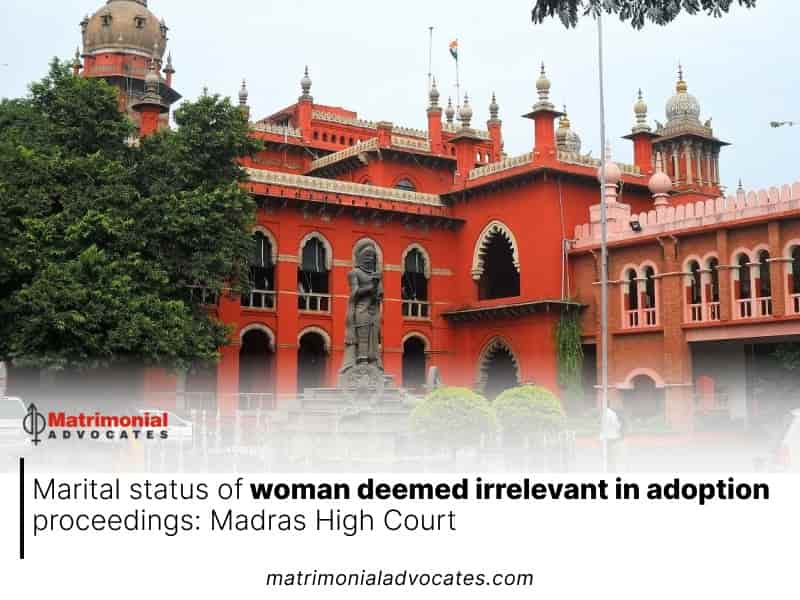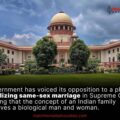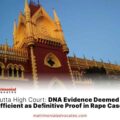
The Court held that a woman, who is the sole guardian of her biological child, must be considered capable of giving up her child for adoption under the Hindu Adoptions and Maintenance Act irrespective of marital status.
The Madras High Court recently ruled that a woman’s marital status should not be a determining factor in her ability to give up her child for adoption.
In a decision issued on June 13, Justice GR Swaminathan of the Madurai bench emphasized that a woman acting as the sole guardian of her biological child has the legal right to initiate adoption proceedings under the Hindu Adoptions and Maintenance Act of 1956, regardless of whether she is married.
Justice Swaminathan overturned a January 2022 ruling by the Sub Registrar, who had declined to register the adoption deed for a three-year-old child. The Sub Registrar’s decision was based on the child being born from an “illicit relationship,” and because the biological mother was a minor when she consented to the adoption in 2021.
However, by the time the adoption deed was finalized and the adoptive parents’ consent was obtained, the biological mother had reached adulthood. The biological mother was unmarried and had not obtained consent from the child’s biological father, according to authorities.
The Court rejected this reasoning, criticizing the authorities’ refusal to register the adoption deed as reflective of a “patriarchal” mindset.
“The reason given in the impugned refusal check slip betrays the patriarchal mind set of the registering authority. The underlying assumption is that an unmarried woman above the age of 18 years cannot give her biological child in adoption. The marital status of the woman cannot be the determining factor. Section 9 of the Hindu Adoptions and Maintenance Act, 1956 uses the expressions “father” and “mother”. It does not use the words “husband” and “wife”. Even the proviso to sub-section (2) of Section 9 does not envisage obtaining the consent of one’s spouse, if alive. It is possible that a child may be born through live-in relationship or on account of illicit intimacy. The mother may like to give the child in adoption in order to ensure proper future for the child. The father may have abandoned his child. He may not be around to assume responsibility. The reason set out in the impugned order is patently unsustainable,” the High Court said.
The Court clarified that the proviso to Section 9(2) of the Act would be relevant only if the father asserts paternity over the child. In this instance, the Court observed that the biological father had not been identified.
Consequently, the Court instructed the involved parties to submit the registration documents to the registering authority and directed the authority to proceed with registering the adoption deed provided all other requirements had been met by the parties.





